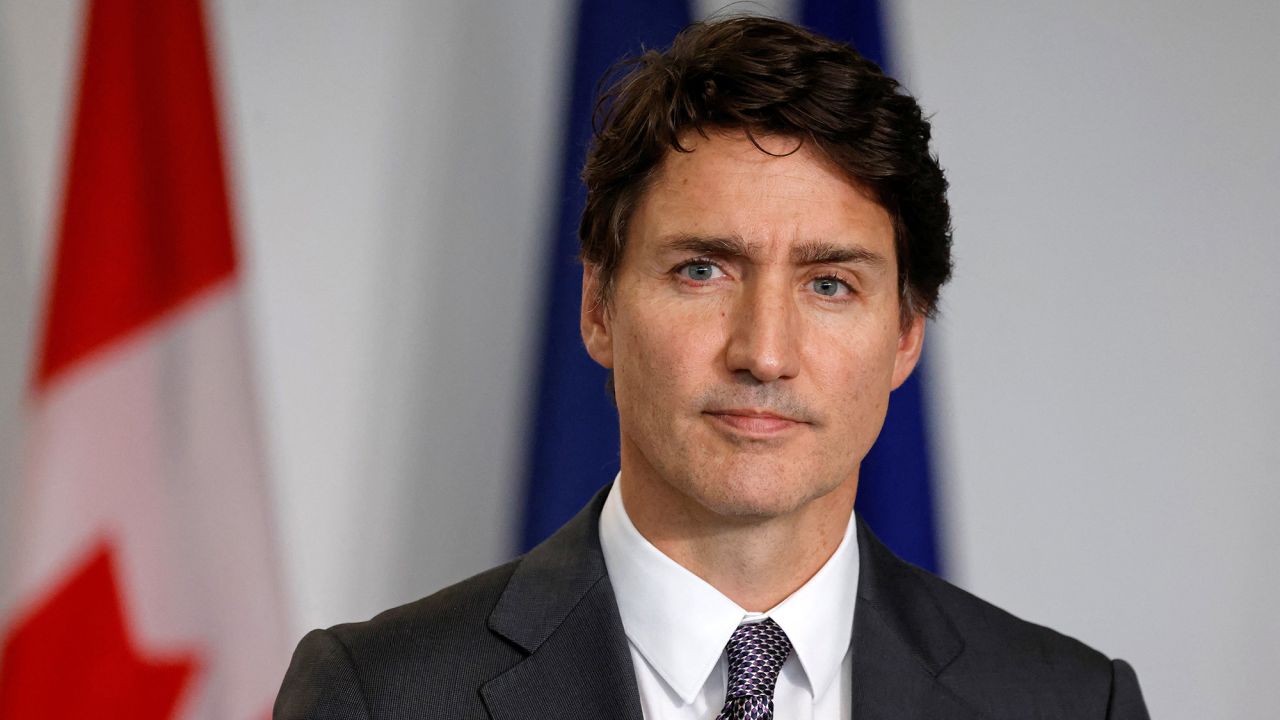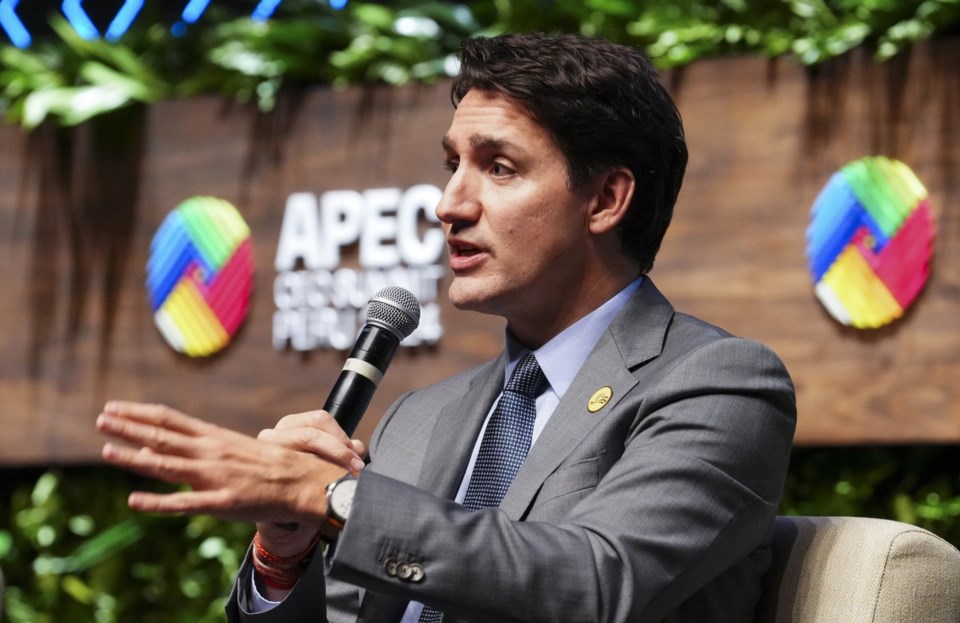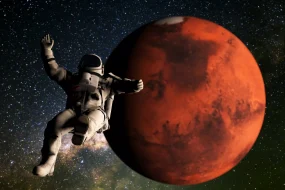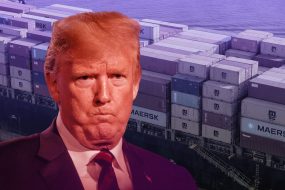
After almost a decade in office, Justin Trudeau is preparing to leave the Canadian political stage, marking the end of a transformative period in the nation’s history. As the 23rd Prime Minister of Canada, Trudeau’s tenure was marked by notable achievements, controversies, and a legacy that will likely continue to shape the country for years to come. From progressive policies on climate change and gender equality to dealing with the challenges posed by global crises like the COVID-19 pandemic, Trudeau’s leadership had a far-reaching impact.
The Achievements: A Progressive Canada?
One of the defining features of Trudeau’s time in office was his commitment to progressive ideals. Under his leadership, Canada pursued ambitious climate change initiatives, including a national carbon tax, aimed at reducing emissions and accelerating the transition to clean energy. While critics argue that the carbon tax was not as aggressive as some hoped, it was nonetheless a step in the right direction for a country facing increasing environmental challenges.

Trudeau’s government also made significant strides in advancing gender equality. In 2015, he appointed a gender-balanced Cabinet—an unprecedented move in Canadian politics. His focus on gender inclusivity was also reflected in various policies, including the national inquiry into Missing and Murdered Indigenous Women and Girls (MMIWG) and significant funding for women’s health and economic empowerment.
One of the cornerstones of Trudeau’s foreign policy was advocating for multilateralism and restoring Canada’s reputation on the global stage after a period of relative isolation. Canada rejoined the Paris Agreement on climate change early in Trudeau’s tenure and played an active role in global humanitarian efforts. Trudeau’s “Canada first” approach to diplomacy was tempered with a commitment to international cooperation, which became increasingly important during the global crisis of COVID-19.
Another area where Canada made substantial progress was in its relationship with Indigenous peoples. While much work remains to be done, Trudeau’s government took several important steps, including the legalization of cannabis, a move widely supported in Indigenous communities as an economic opportunity. Furthermore, billions of dollars were allocated towards reconciliation initiatives, such as funding for housing and education in First Nations communities.
Challenges and Controversies
Of course, Trudeau’s time in office was not without its challenges. The Prime Minister faced criticism over issues like the SNC-Lavalin scandal, where accusations of political interference led to a loss of public trust in his leadership. Furthermore, Trudeau’s handling of the Trans Mountain Pipeline expansion and ongoing concerns about environmental degradation alienated many Canadians, particularly those who wanted a clearer shift away from fossil fuels.
The COVID-19 pandemic presented the most significant challenge during his tenure, forcing the government to take unprecedented steps, including imposing travel restrictions, initiating emergency relief programs, and overseeing a massive vaccination campaign. While many praised Trudeau’s response, others criticized the lack of clarity in the initial stages of the pandemic, particularly around border controls.
Trump’s Merging Proposal: A Curious Suggestion
In recent months, speculation has arisen surrounding former U.S. President Donald Trump’s controversial idea of “merging” the United States and Canada into a single entity. While the proposal is unlikely to gain serious traction, it’s an intriguing topic to consider in the context of Trudeau’s legacy.
Trump’s musings on merging with Canada seem to stem from the idea of increasing economic and political strength, particularly in the face of growing global tensions and economic challenges. In a series of statements, he suggested that such a merger could offer a “unified front” against China and other geopolitical adversaries, arguing that the combination of resources and strategic positioning would benefit both nations.
However, such an idea seems at odds with Trudeau’s tenure, which focused on preserving Canada’s sovereignty while fostering strong international relations. Canadians have long prided themselves on their distinct identity, and the idea of merging with the U.S. has been met with overwhelming skepticism from both political leaders and the public.

Indeed, throughout his time in office, Trudeau emphasized the importance of Canadian independence, while also ensuring that Canada remained an active participant in global issues. A merger with the U.S. would undo much of this autonomy and change the very nature of Canada’s relationship with the world.
Looking Ahead: Trudeau’s Enduring Impact
As Justin Trudeau prepares to step down, the legacy he leaves behind is undoubtedly multifaceted. On one hand, his progressive policies, efforts to address climate change, and strides toward social equality have significantly shaped Canada’s trajectory. On the other, the controversies and challenges—whether political or social—remind us that no leader’s legacy is without complexities.
With speculation about a potential merger with the U.S. still lingering, Canada will need to continue its path of maintaining strong international partnerships while safeguarding its national identity. As for Trudeau, his time in office will be remembered for pushing Canada into a new era—one defined by inclusivity, environmental responsibility, and the challenges of a rapidly changing world.
In the end, whether or not the idea of merging with the U.S. ever comes to fruition, Trudeau’s departure signals a new chapter for Canada—one that will hopefully continue to build on the achievements of the past while addressing the challenges of tomorrow.













